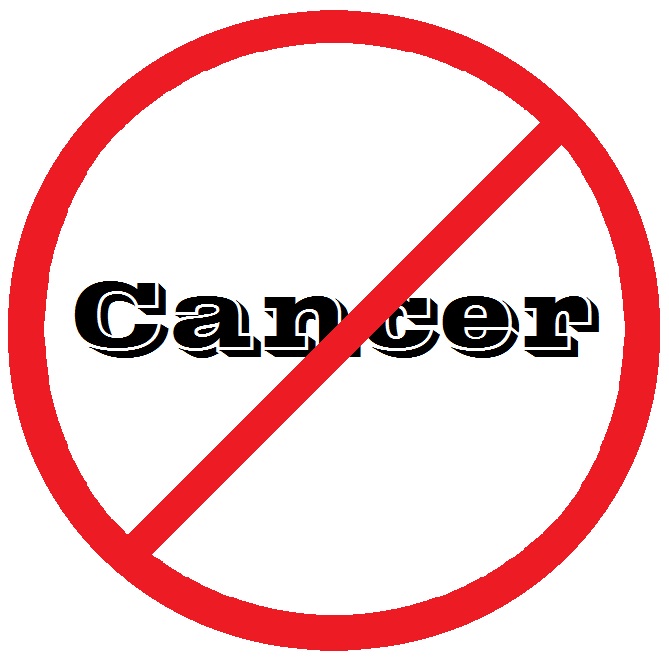Cancer patients want pharma's support, but many aren’t getting it: survey

Education and support are critical to getting—and keeping—patients on appropriate therapy. But many oncology patients have gaps in their knowledge of their condition, treatment and existing support services, new data show, and pharma has a big opportunity to help close them.
About one-third of patients—34%—aren’t sure how advanced their cancer is, and that same percentage lacked a substantial understanding of their treatment before starting it, according to Phreesia Life Sciences, which surveyed more than 800 cancer patients earlier this year as they checked in for their doctors’ appointments.
What’s more, only 35% could say with certainty that they’d had genetic or biomarker testing, which is crucial not only to helping patients understand their disease, but also to identifying the therapy options best suited to their specific cancer.
The way Shubh Goel, VP and U.S. franchise head of IO and GI tumors at AstraZeneca, sees it, those numbers are well below where they need to be.
"Understanding a cancer diagnosis and your treatment plan is at the core of the patient experience, and not having the right information can have a negative impact,” she said, adding that AstraZeneca sees the statistics as “a challenge for our industry to do better.”
One way to help change them? Partner with non-profits and patient advocacy groups, she suggests. Doing so can help companies advance dialogue with patients, understand information gaps and make sure the right resources are getting into patients’ hands.
That last piece is key, particularly with patients showing broad interest in support programs—and, simultaneously, existing support resources going widely underused. Only 15% of cancer patients have used a support program, survey results show, and 46% of those who have never used a support program want either education about treatment and side effects or information to help them better understand their cancer.
“We know that patients are receptive to support programs, but if they don’t know about these programs or don’t know how to access them, they don’t get the same benefits,” Goel said. To get the word out, she recommends using simple, direct messaging that reflects cancer patients’ reality and helps to build health literacy, as well as focusing on inclusivity to better reach patients from different racial, ethnic and socio-economic backgrounds.
“Patients are more empowered than ever, thanks to technology and social media platforms where they can find answers about their disease and treatment,” she said. “We try to meet them where they are by personalizing our outreach efforts to connect them with programs that will make an impact."
Oct 24, 2022



